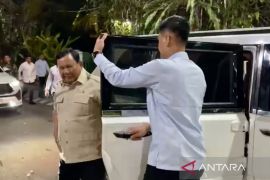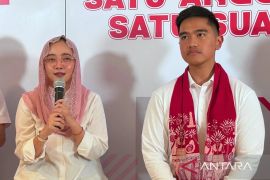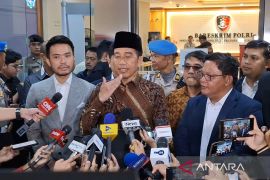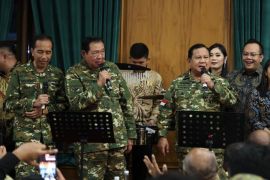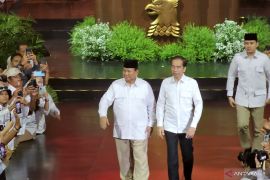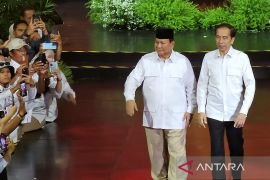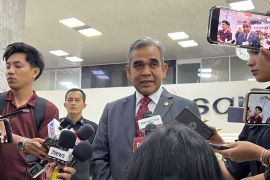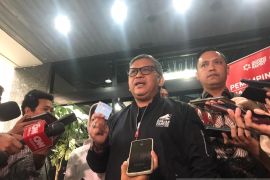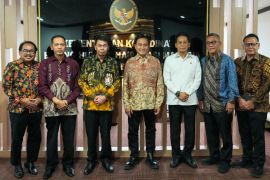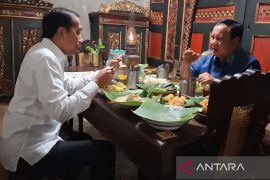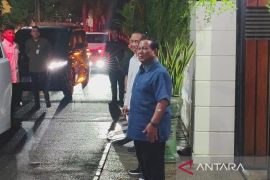The president will participate in several activities during his stay in Vietnam, including a dialogue between APEC leaders and the APEC Business Advisory Council as well as leaders of the Association of Southeast Asian Nations (ASEAN) on Nov 10, followed by the APEC Leaders Retreat and working lunch on Nov 11.
During the dialogue with the APEC Business Advisory Council, President Jokowi, along with leaders from China, Peru, and New Zealand from Group 1, will discuss ways to strengthen regional economic cooperation to enter the era of digitalization.
"The discussion will cover labor training and reshaping the labor needs," Indonesian Foreign Ministrys Director for Asia-Pacific and African Interregional Cooperation Benjamin Carnadi remarked at a press briefing in Jakarta on Thursday.
To celebrate five decades of the ASEAN, Vietnam is holding an informal evening meeting to discuss synergy between ASEAN and APEC, as both are the engines of global growth.
"Seven ASEAN countries are members of the APEC. They are a separate caucus that can drive APEC forward," Carnadi noted.
The following day, the Indonesian president along with other APEC leaders will discuss innovative growth and regional inclusion in the economic, social, as well as financial areas during session 1 of the retreat.
During session 2, the leaders will discuss new drivers of regional trade and investment, especially related to technological advancements and access to digital devices.
During the working lunch on the second day, APEC leaders will discuss the future of the forum as embodied in the Bogor Goals, which has been the core of the cooperation, with the deadline set in 2020.
"Highlighting national interests at the global stage, President Jokowi will speak about his passion in driving rural development, maritime cooperation, and connectivity cooperation as well as promoting digital-based MSMEs," Carnadi noted.
Themed "Creating New Dynamism, Fostering A Shared Future," this years APEC Summit will focus on four areas of cooperation: promoting sustainable, innovative, and inclusive growth; deepening regional economic integration; strengthening MSMEs competitiveness and innovation in the digital age; as well as enhancing food security and sustainable agriculture in response to climate change.(*)
Editor: Heru Purwanto
Copyright © ANTARA 2017
